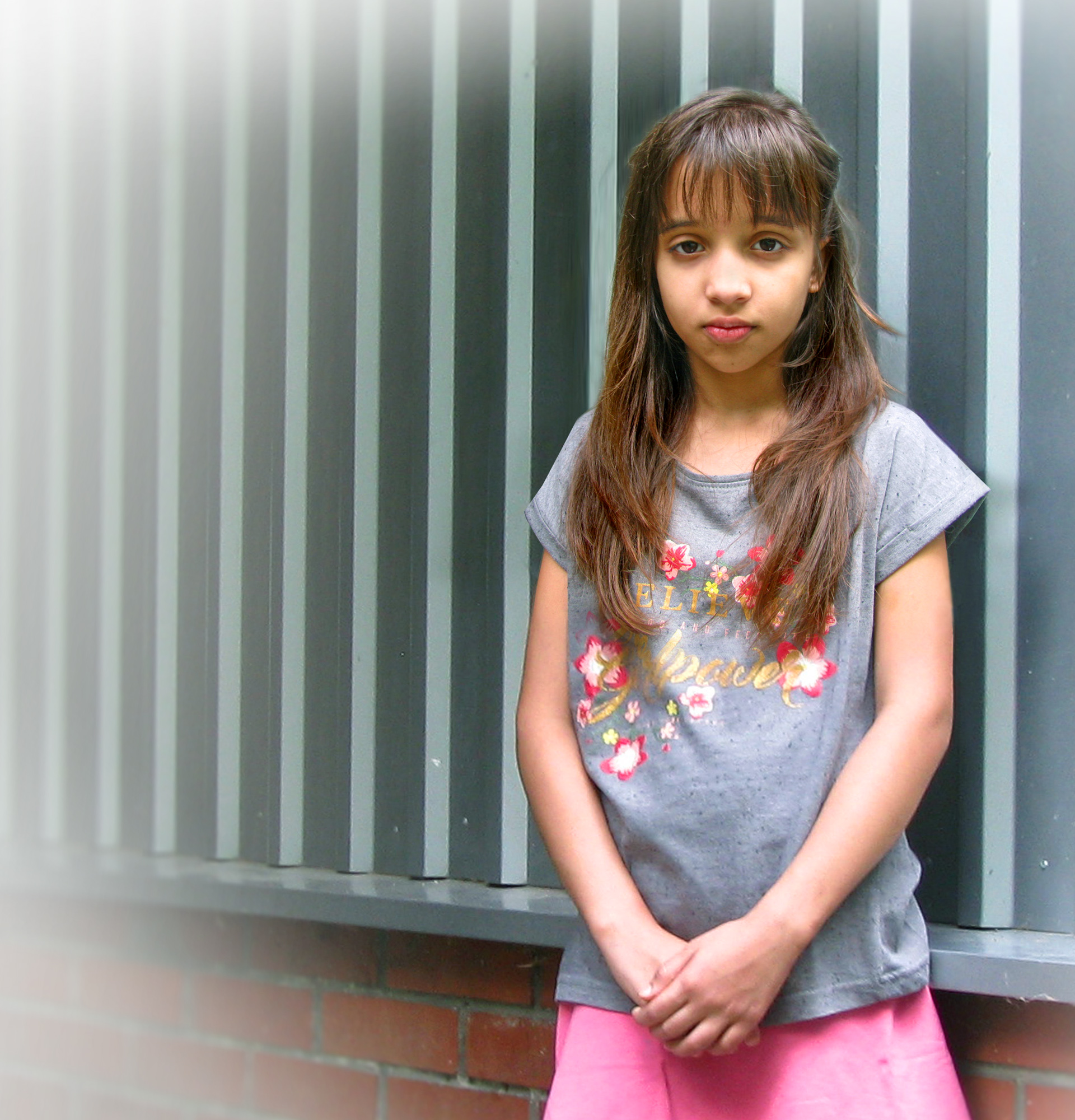Why Covid school closures are making girls marry early – The Guardian

Samita (not her real name) is 17 and lives in the Lamjung district of Nepal. It was never easy, even before coronavirus, for her to attend school full-time. Living in a rural community in a family with little income she was expected to do housework as well.
Samita persisted though. At the beginning of the year, the Sisters for Sisters project run by international development charity VSO was supporting her with an “older sister” mentor, who was encouraging her to keep up her education.
Then, in May, with schools still closed and as many as a quarter of Nepali workers losing their jobs because of Covid-19, Samita’s mother decided her daughter should get married. To the dismay of Sisters for Sisters, Samita became one of three girls in the district to get married in the first months of lockdown.
There are many reasons that the VSO group wants to stop Samita and girls like her from getting married before the age of 18. Marriage at a young age can have devastating and lifelong consequences. Beyond the immediate loss of their education, it puts girls at increased risk of a life of abuse, ill-health, and poverty.
In a rapid reaction study by VSO in four rural districts where Sisters for Sisters are active, girls were asked about changes in their life since the coronavirus lockdown. A huge majority – 89% – reported increased pressure to do housework or agricultural labour at the cost of school work, and 11 marriages had taken place out of 152 girls. Local groups felt this was a clear increase on a normal three-month period.
Ananda Paudel, project lead for Sisters for Sisters Nepal, says: “The challenges that girls and young women have traditionally faced in Nepal appear to be returning because of the pandemic. Despite progress on gender equality in recent years, we fear that those hard-fought wins will go into reverse.
Read more here.

